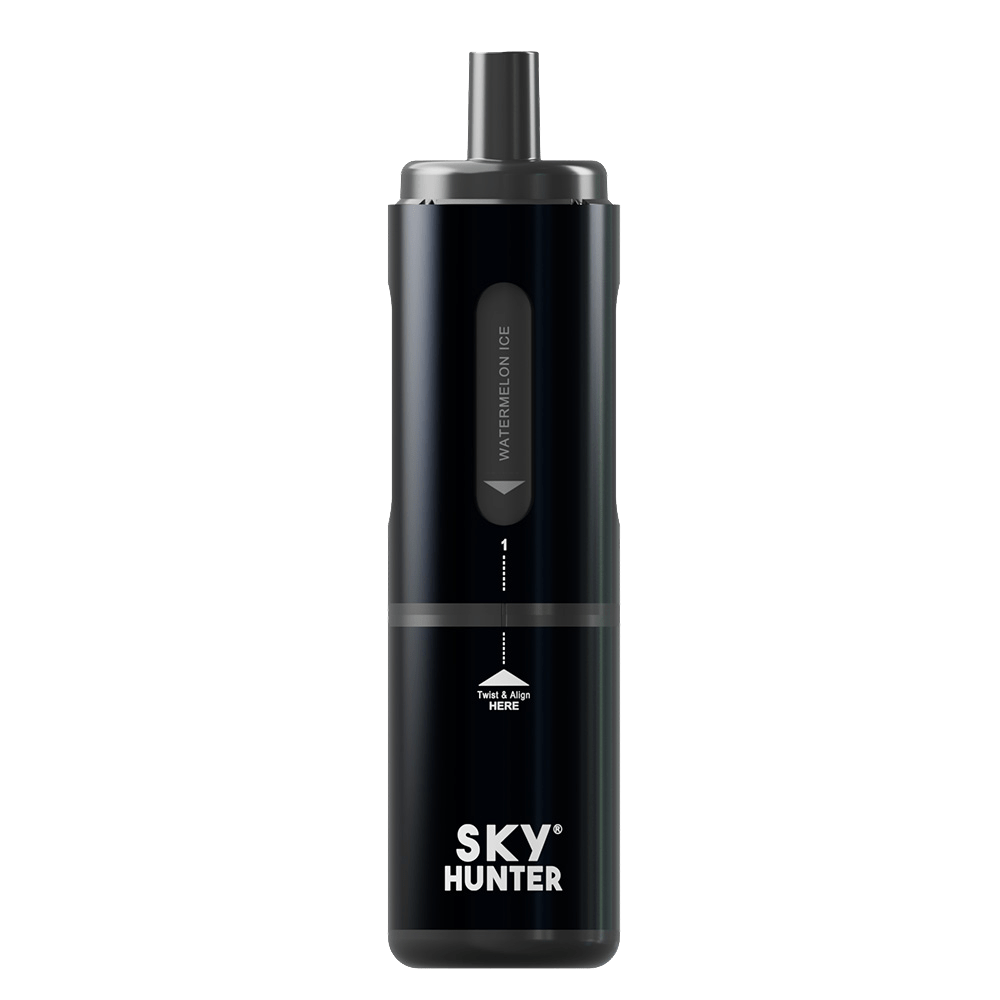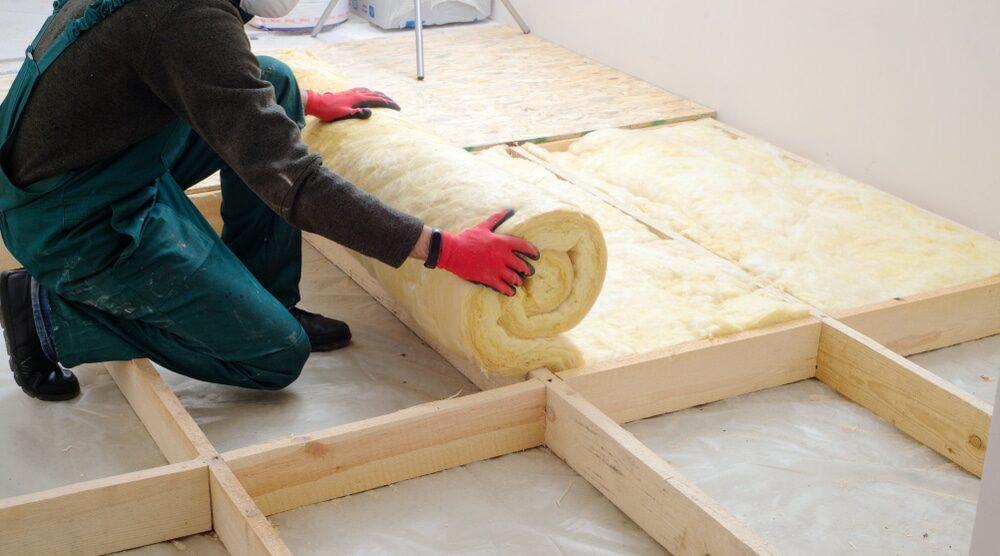The healthcare industry is one of the most critical sectors in our society. Ensuring the safety and well-being of patients, staff, and visitors is a top priority for healthcare facilities. With the increasing number of threats such as theft, violence, and cyber-attacks, it is essential to invest in advanced commercial security systems to protect your healthcare facility. This article will discuss the various aspects of commercial security systems for healthcare and how they can help safeguard your patients and staff.
1. Importance of Commercial Security Systems in Healthcare
The healthcare industry faces unique challenges when it comes to security. These facilities must balance the need for accessibility and openness with the need for safety and privacy. Commercial security systems play a crucial role in addressing these challenges by:
– Ensuring the safety of patients, staff, and visitors
– Protecting valuable assets, such as medical equipment and pharmaceuticals
– Safeguarding sensitive patient data
– Preventing unauthorized access to restricted areas
– Maintaining regulatory compliance
2. Access Control Systems
Access control systems are a critical component of commercial security systems for healthcare facilities. They help manage and monitor who has access to specific areas within the facility, ensuring that only authorized personnel can enter sensitive areas such as operating rooms, pharmacies, and patient records. Some key features of access control systems include:
– Card readers, biometric scanners, and keypads for authentication
– Integration with video surveillance systems for visual verification
– Real-time monitoring and alerts for unauthorized access attempts
– Customizable access levels for different staff members
– Audit trails for tracking access history
3. Video Surveillance
Video surveillance is another essential aspect of commercial security systems for healthcare facilities. It helps deter criminal activity, monitor patient and staff safety, and provide valuable evidence in case of incidents. Some important features of video surveillance systems include:
– High-resolution cameras for clear, detailed images
– Wide-angle lenses and pan-tilt-zoom capabilities for comprehensive coverage
– Night vision and infrared technology for low-light conditions
– Video analytics for motion detection, facial recognition, and license plate recognition
– Secure storage and remote access to video footage
4. Intrusion Detection Systems
Intrusion detection systems help protect healthcare facilities from unauthorized entry, theft, and vandalism. These systems use a combination of sensors, alarms, and monitoring services to detect and respond to potential threats. Key components of intrusion detection systems include:
– Door and window contacts for monitoring entry points
– Glass break sensors for detecting forced entry
– Motion detectors for identifying unauthorized movement within the facility
– Panic buttons for staff to alert security in case of emergencies
– Central monitoring services for 24/7 protection and rapid response
5. Cybersecurity for Healthcare Facilities
Cybersecurity is a growing concern for healthcare facilities, as cyber-attacks can lead to data breaches, financial losses, and damage to the facility’s reputation. Commercial security systems should include robust cybersecurity measures to protect the facility’s network, devices, and data. Some essential cybersecurity practices include:
– Regular software updates and patch management
– Strong password policies and multi-factor authentication
– Firewalls and intrusion prevention systems
– Employee training on cybersecurity best practices
– Regular vulnerability assessments and penetration testing
6. Fire and Life Safety Systems
Fire and life safety systems are crucial for protecting healthcare facilities from fires, explosions, and other life-threatening emergencies. These systems include fire alarms, sprinkler systems, and emergency lighting to help detect, control and respond to emergencies. Key features of fire and life safety systems include:
– Smoke detectors and heat sensors for early fire detection
– Sprinkler systems for fire suppression
– Emergency lighting and exit signs for safe evacuation
– Integration with building automation systems for a coordinated response
– Regular testing and maintenance to ensure proper functionality
7. Emergency Communication Systems
Emergency communication systems are essential for keeping patients, staff, and visitors informed during emergencies and evacuations. These systems can include public address systems, digital signage, and mass notification systems that deliver critical information and instructions. Some important features of emergency communication systems include:
– Clear and intelligible audio for announcements and alerts
– Visual displays for text and graphics
– Integration with other security systems for a coordinated response
– Customizable messages and pre-recorded announcements
– Redundancy and backup power for reliable operation
8. Protecting Patient Data
Protecting patient data is a critical aspect of healthcare security, as data breaches can lead to identity theft, financial losses, and damage to the facility’s reputation. Commercial security systems should include measures to protect patient data both physically and digitally. Some best practices for patient data protection include:
– Secure storage and disposal of physical records
– Encryption and secure transmission of digital data
– Access controls and monitoring for patient records
– Regular data backups and disaster recovery planning
– Compliance with HIPAA and other data privacy regulations
9. Choosing the Right Commercial Security System Provider
Selecting the right commercial security system provider is essential for ensuring the effectiveness of your healthcare facility’s security measures. Some factors to consider when choosing a provider include:
– Experience and expertise in the healthcare industry
– Comprehensive security solutions that address all aspects of healthcare security
– Customizable and scalable systems that can adapt to your facility’s needs
– Ongoing support, maintenance, and monitoring services
– A strong track record of customer satisfaction and success
Conclusion
Investing in advanced commercial security systems is essential for safeguarding your healthcare facility and protecting the well-being of your patients, staff, and visitors. By implementing access control, video surveillance, intrusion detection, cybersecurity, fire and life safety, emergency communication, and patient data protection measures, you can create a secure environment that promotes safety, privacy, and compliance. Choosing the right commercial security system provider is crucial for ensuring the effectiveness and reliability of your security measures, so take the time to evaluate your options and select a provider with the experience, expertise, and solutions to meet your facility’s unique needs.




